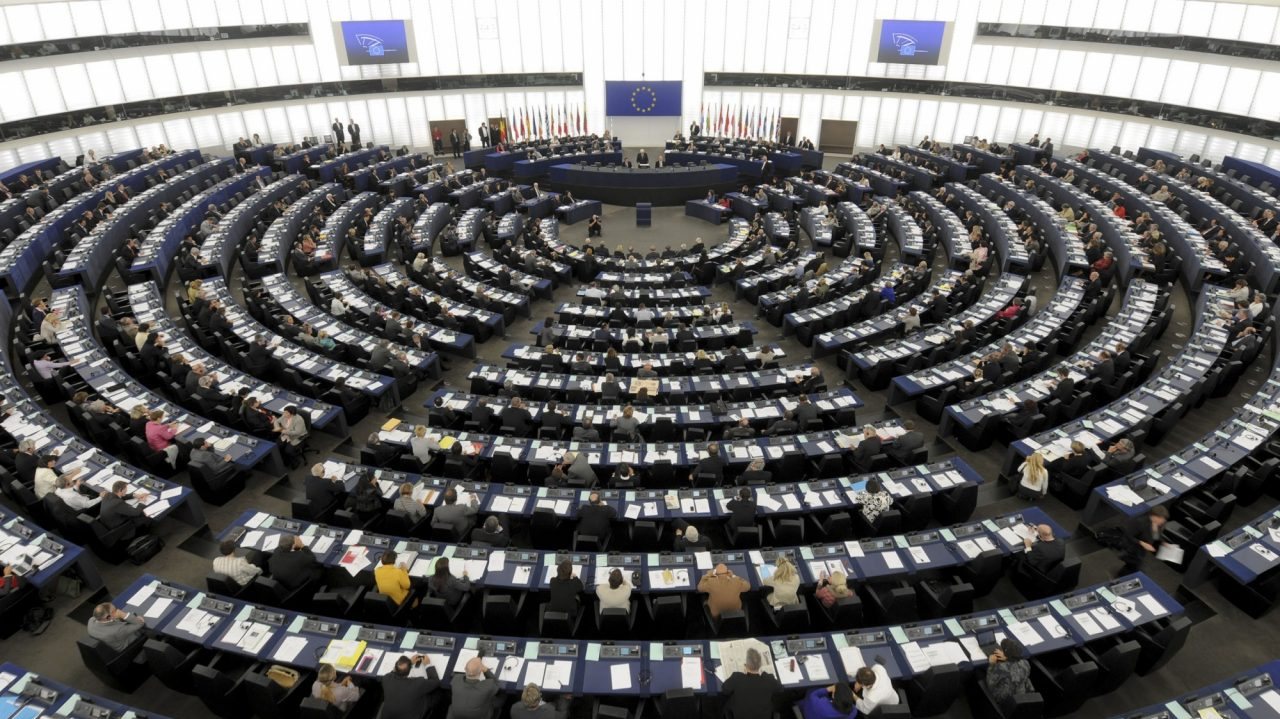The Environment Committee of the European Parliament (PE) rejected this Tuesday, with a tie of 44 votes, the modified project of the Nature Restoration Law, which will thus go to plenary session, in July, in its original form.
With the rejection in the Committee on the Environment, Public Health and Food Safety (ENVI), the original objectives and all the proposed modifications will return to the voting table in the plenary session of the EP, in the session that begins on July 10. This is the second vote of the ENVI on the proposal, after the rejection, also by a tie of 44 votes, of the motion of the European People’s Party (EPP, which includes the PSD and CDS MEPs) that rejected the law in its set.
The EPP, allied with the extreme right groups and the liberal part of Renew Europe, and the big agrarian associations are against the proposed Law for the Restoration of Nature, defended by the families of Socialists and Democrats (including the PS). , Verdes and La Izquierda (which includes the PCP and BE MEPs) and by environmental associations.
The EPP (the largest group in the EP) and its allies have argued that taking measures that increase biodiversity on farmland may threaten food production. On June 20, the environment ministers of the European Union (EU) approved their position on the proposal for the recovery of nature, modifying some of the objectives set by the community executive.
The proposal, presented on June 22, 2022 by the European Commission, specifically provides for a 50% reduction in the use of chemical pesticides in the EU by 2030 and a ban on their use in playgrounds, public gardens, public areas, leisure, sports and protected. areas
The Nature Restoration Law, which is part of the European Ecological Pact, also aims to repair 30% of damaged ecosystems by 2030, with binding targets for member states. By 2050, measures must cover 80% of the EU’s ecosystems that need to be restored and include making city centers ‘greener’.
Nature conservation has a particular economic impact on those who directly depend on it, namely farmers, foresters and fishermen, with Brussels financial support to farmers is provided for a period of five yearsfor the application of the new rules.
Source: Observadora
